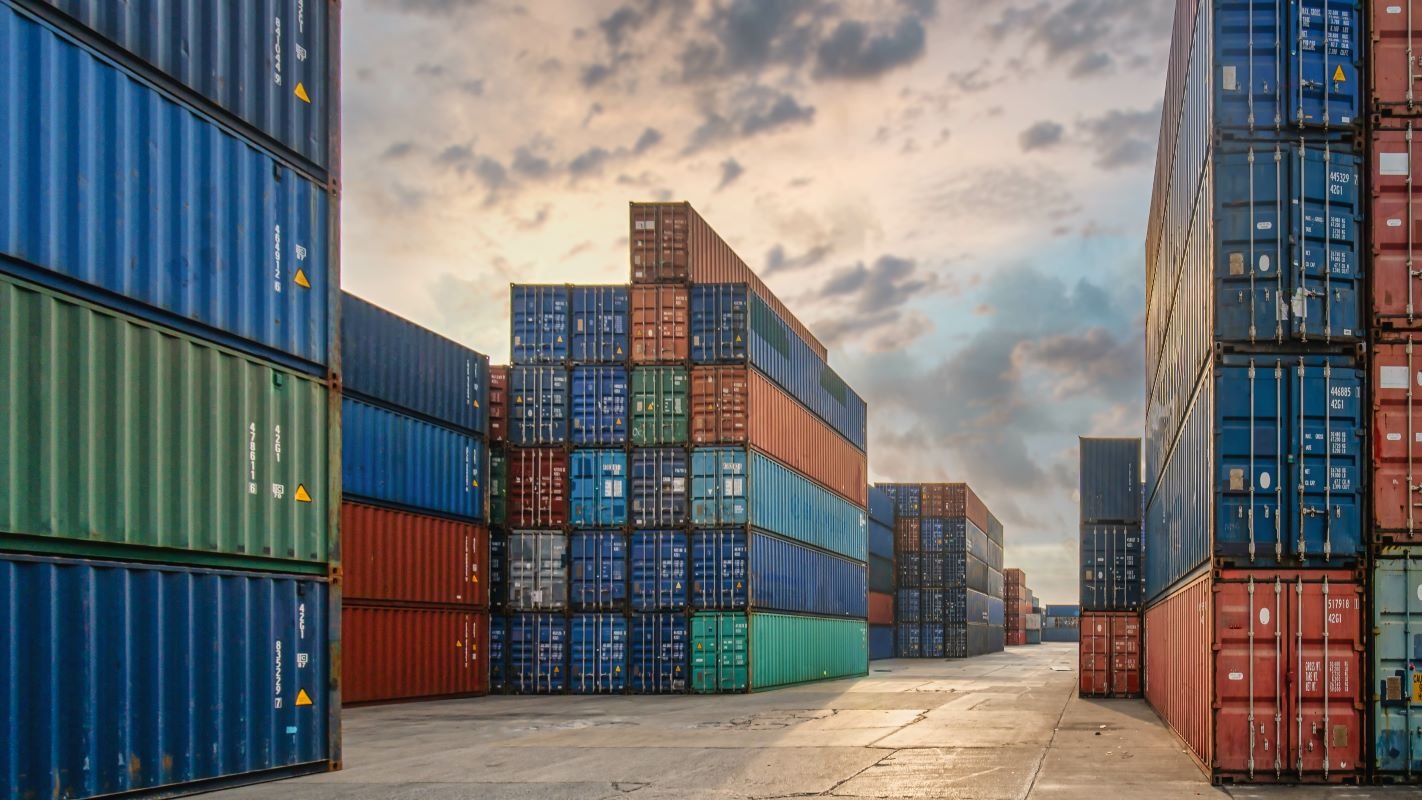This is Third Generation Environmentalism (E3G)’s submission to the UK Environmental Audit Committee (EAC) enquiry into Carbon Border Adjustment Mechanisms (CBAMs).
E3G is pleased to note and provide feedback on the EAC’s enquiry into CBAMs. Our feedback in this response focuses on the first 9 questions included in the terms of reference and builds on E3G’s long-standing experience working on climate policy, politics and diplomacy.
E3G recognises that a CBAM can level the playing field between the UK and foreign producers by imposing the same carbon costs on certain goods and products being sold on the UK market, regardless of whether they are produced domestically or imported from abroad.
While a risk of carbon leakage exists, to date there has been little to no empirical evidence of carbon leakage in the UK. Energy-intensive industries have received generous amounts of free emissions trading system (ETS) allowances to mitigate this risk. This has led to overprotection, in some instances, generated windfall profits, while muting the carbon price signal and decarbonisation incentives for highly polluting industrial sectors. Any future UK policy aimed at addressing the risk of carbon leakage should be limited and targeted, drawing lessons from these past mistakes.
Key recommendations
- E3G cautions against exploring a unilateral UK CBAM and advises that the UK should seek to cooperate with other countries that are exploring CBAMs. Beyond CBAM, the UK should explore common approaches to carbon leakage and cooperate on deep decarbonisation of energy-intensive sectors with partner countries.
- In line with the principle of common but differentiated responsibilities and respective capabilities (CBDR&RC), the UK should engage in dialogue with developing countries on how a UK CBAM might affect them and what technical, financial and capacity support measures could be taken to manage these impacts. The use of the CBAM’s revenues will be crucial in this respect.
- While a CBAM could address the risk of carbon leakage, it will not be a significant driver by itself of industrial decarbonisation in the UK or elsewhere. Domestically, the UK will need a wider policy toolbox for decarbonizing its heavy industry. Internationally, the UK should leverage CBAMs for a broader discussion with trade partners on decarbonizing heavy industry and better aligning trade and climate policy.
- E3G advises to actively explore alternative approaches alongside a potential UK CBAM, including carbon product requirements.


